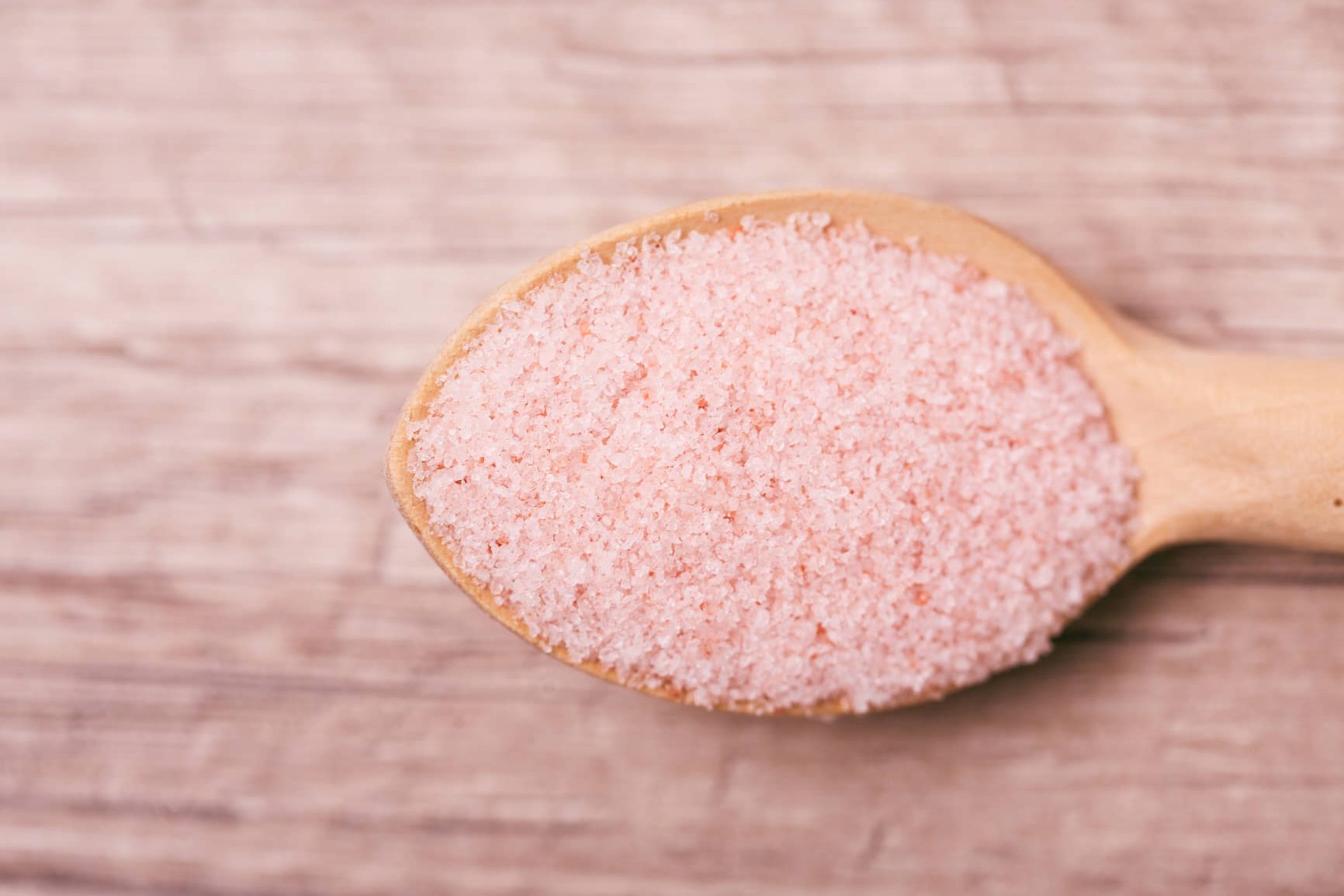-
A quick DIY health check at home is one of the simplest things we can do for our health – and it can be the first step to noticing changes in our health, potentially leading to early detection.
In fact, a quick health check at home can help to detect early signs of dehydration, anaemia, hormonal imbalance and nutritional deficiencies.
So it’s important that we’re aware of what to look out for when assessing our own health so we can get on top of things quickly and go see a doctor if we have any concerns.
Here are some very simple ways you can check your health yourself, in the comfort of your own home.
What to look for
1. Your skin
Your skin is a great indicator of what’s going on below the surface, so the next time you look in the mirror, take a better look. If it’s looking dull and lifeless, this could be a sign of dehydration, so make sure that you are drinking eight glasses of water a day. If you’re noticing break-outs, this could also be an indication that your digestive health isn’t running smoothly as the toxins surface in your skin. It may also be a sign of hormonal imbalance or a result of being stressed. Make sure you get adequate rest and eat plenty of fresh, nutritional food. Also, look out for any unusual moles, freckles or bruises that don’t go away and seek medical attention for these.
2. Your eyes
Eyes can often give you a good indication of your health. Pull down the lower eyelid – if it’s pale, then you may be anaemic; if it’s red and lumpy, it could be due to allergies. Small waxy lumps in your eyelids can be caused by genetically high cholesterol levels. Discolouration of the white areas may be caused by sun or wind exposure. If you notice these changes, ask your GP to conduct a full health check for cholesterol and iron levels, and get an eye and allergy examination.
3. Your lips
Dry and scaly lips – especially in the corners of your mouth – can be the first sign of iron deficiency anaemia, vitamin deficiency, or autoimmune disease. If your lips are feeling constantly dry, this could be the first sign that you need to work on your nutrition.
4. Your tongue
A coated white tongue could be an indication of dehydration or acid reflux, which can be caused by a build-up of bacteria and debris on the surface of the tongue. In most cases, the condition is harmless and temporary and is most likely to be a sign of dehydration, but if it is ongoing, seek the opinion of your GP. Drink water or other healthy fluids throughout the day after first noticing a white tongue, and minimise any foods that may cause an upset stomach.
5. Your hair
If you’re experiencing hair loss and a flaky scalp, it could be due to stress or a hormone imbalance. Consult a medical professional if the symptoms don’t change.
6. Your nails
It’s important to check your nails regularly, as they’re often a good indication of your state of health. Pale or brittle shaped nails often suggest iron deficiency, whilst pitting or ripped nails are often found in people with inflammatory skin conditions such as psoriasis.
Listen now for tips on health checks for kids.
Why DIY health checks are important

-
A DIY health-check should never substitute regular visits to the doctors for a check-up, but it’s important that to know what to look out for when assessing your health.
We recommend people visit a medical professional for health-checks such as blood tests and hearing and eye assessments, or if they’re ever unsure on what to look for. A DIY health-check every few months is a good way to accompany the work of health professionals, and for Australians to get a solid understanding of what their bodies want and need.
If you're a Medibank member with hospital cover, you can call a Medibank nurse with any health question you or your family may have, 24 hours a day, seven days a week. Medibank nurses can help you decide how to manage symptoms and complement the care given by GPs and other health professionals. To speak to a Medibank Nurse 24/7, call 1800 644 325.
-
Scratching the itch: How to deal with mozzie bites this summer
Ever wondered why you get bitten more than others?
-
Get ready for summer guide
Shake off the very last of those winter blues and start preparing for your most energised summer ever.
-
Foods to fuel your brain
Get the edge in your exams with these tips
-
Proven ways to prevent a cold
We explore the effectiveness of supplements, and our top tips to keep you as healthy as possible this winter.
-
Exploring ‘The Science of Happiness’
Psychologist Emily Toner on the benefits positive psychology.
-
Salt: How much is too much?
It’s probably less than you think.
Subscribe to receive the best from Live Better every week. Healthy recipes, exercise tips and activities, offers and promotions – everything to help you eat, move and feel better.
By clicking sign up I understand and agree to Medibank's privacy policy





